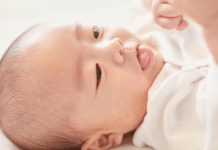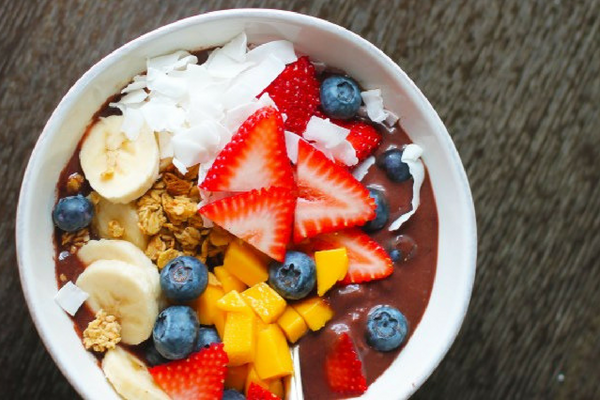Protecting your health and those around you
The following precautionary measures can help prevent the spread of several viruses and help you avoid getting sick:
- Avoid contact with sick individuals
- Wash hands often with soap and warm water for at least 20 seconds
- Carry alcohol-based hand sanitizer so you can keep your hands clean even when you’re not near a sink
- Get a flu shot
- Avoid touching your eyes, nose and mouth
- Clean and disinfect high-traffic surfaces, like keyboards, phones, remote controls and door handles, and thoroughly wash glasses and utensils
- Cover your cough or sneeze with a tissue, then throw the tissue in the trash — if you don’t have a tissue, use the crook of your arm
- Stay home when you are sick
Call first before coming in
Additionally, patients who are concerned that they may have been exposed to the 2019 coronavirus should call first before coming to a Scripps facility. They should not just walk in and should not use the Scripps online scheduling system for appointments.
“Also, in many cases, we are being contacted by the ‘worried well’ who don’t have any symptoms that qualify them for COVID-19 screening or testing,” Dr. Sharieff said. “We ask them to please check with the CDC website or call 2-1-1 for more information.”
Is there a vaccine? Is there a treatment?
There is currently no vaccine to protect against the 2019 coronavirus. The best way to prevent infection is to avoid being exposed to the virus. There is no specific recommended treatment. People who have been infected can seek medical care to help relieve symptoms.
According to the CDC, symptoms may appear in as few as two days or as long as 14 days after exposure.
For more information about the 2019 novel coronavirus and Scripps Health measures, visit https://www.scripps.org/news_items/6882-what-is-coronavirus-who-is-affected. Visit The CDC for the most up-to-date information: https://www.cdc.gov/coronavirus/2019-ncov/summary.html.


















